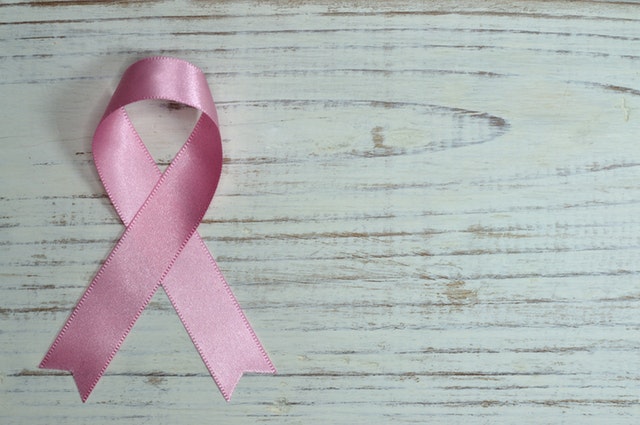Ways to Reduce Your Breast Cancer Risk
Today I'm sharing some ways to reduce your risk of getting breast cancer. It's important for women to get a mammogram screening as early as age 35, so your doctor can have a baseline image of your breast tissue. Early detection is still so important.
To reduce your risk of breast cancer:
Get vigorous exercise twice a week. High-intensity workouts can cut your risk of breast cancer, and help you stay at a healthy weight. The American Cancer Society recommends that the average adult get 150 minutes of moderate exercise a week or 75 minutes of vigorous exercise each week. Vigorous exercise should increase your heart rate, make you sweat, and make it harder for you to catch your breath. Don't pass out, though! The vigorous activity also reduces inflammation and activates natural killer cells, two things that may protect you from cancer.
Choose your water bottles and containers carefully. Bisphenol A (BPA) is a chemical that is used in hard plastics like reusable water bottles and other containers. This chemical has been linked to a higher breast cancer risk because it simulates the effects of the female sex hormone estrogen, which can fuel breast cancer. Choose stainless steel and glass containers instead, or look for those that are labeled BPA-free.
Choose the right dairy. Studies from the Roswell Park Cancer Institute showed that women who ate yogurt regularly had a lower risk of breast cancer. However, those who ate more hard cheeses, like American and cheddar, had a 53 percent higher risk of getting breast cancer. Cheese is high in fat, so those women who consumed a lot of cheese may have had less healthy diets and been heavier, which may have led to them getting cancer. Eat your cheese in moderation!
Don't feel guilty about soy. Some studies claimed that soy was bad for women and could increase the risk of breast cancer, because it was an estrogen-mimicker. However, the majority of research indicates that soy is safe to eat. A Tufts University study showed that women who ate soy actually increased their chances of survival. Soy is found in tofu, soy milk, and edamame.
Don't be dense. Ask your doctor about the denseness of your breast tissue. Younger women have more dense breasts due to having milk glands and ducts for breastfeeding. If the breast tissue continues to be dense after age 45 or so, then that's a risk factor for breast cancer. If your breasts are more than 75 percent dense, you may need to do a breast MRI or 3-D mammogram to get screened. These methods are better at detecting tumors in dense breast tissue.
Sources:
https://www.cancer.org/cancer/breast-cancer/risk-and-prevention/can-i-lower-my-risk.html
http://www.breastcancer.org/risk/factors/plastic

Photo by: Photo by Miguel Á. Padriñán from Pexels https://www.pexels.com/photo/awareness-cancer-design-pink-579474/